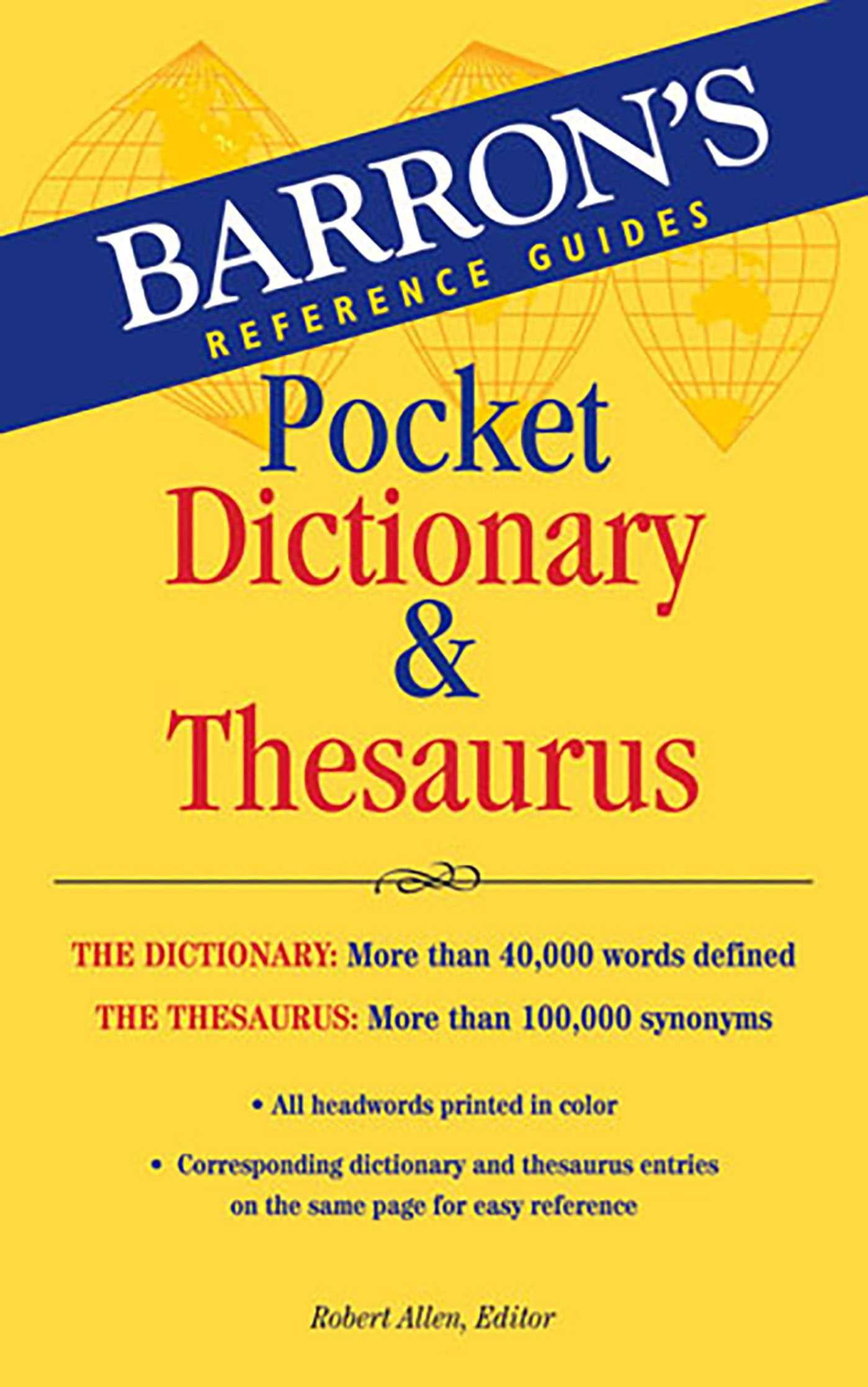

If institutions could not handle the influx of many young people, Galston suggested that a universal lottery could decide who actually served. They would have a choice of military or full-time civilian service, and would be compensated a reasonable stipend in return. Galston went on to suggest the creation of a universal term of 18 months of mandatory service for all 18-year-olds who are capable of performing it. He coined the term “ spectatorial citizenship,” in which the American all-volunteer military force has contributed to a feeling amongst the populace that “good citizens need not be active, but can watch others doing the public’s work on their behalf.” Galston prefaced his suggested mandatory service program by explaining that “citizenship is increasingly understood as individual liberty without reciprocal responsibility” in America. To be clear, I am not speaking about a military draft, but rather, a period of peacetime military or civil service for all Americans once they turn 18.īrookings Institution political theorist and public policy scholar, William Galston, made a good case for mandatory service in a 2012 article Citizenship and Civic Attachment: The Case for a Universal Service Lottery.


Various countries around the world have one, and the idea has been batted around in America for decades. The idea of mandatory national service is not new or radical.
The meaning of insurmountable how to#
Related: How to write a veteran to civilian resume Some countries already practice mandatory national service Greece is among the countries that employ mandatory military service for all males. I would put forward that, given the absence so far of any other effective remedy, and because I assess that the benefit would be significant in and of itself, the solution to these problems is a period of mandatory service for all Americans once they turn 18. How do we overcome these twin illnesses within our society? How do we move toward a civic society where differences do not mean hatred and insurmountable division, but rather, are seen as healthy expressions of civic engagement and as signs of a robust democratic republic? How do we expunge these feelings of extreme alienation, hatred, and paranoia against “the other?” Feelings of extreme alienation and grievance felt by some amongst us, directed against various manifestations of “the other,” somehow seem only alleviated by acts of mass violence against those understood - however incomprehensibly - as posing some kind of mortal threat to the mass shooters themselves. While we struggle with this seemingly insurmountable political strife, we are also simultaneously beset by an epidemic of never-ending gun violence. It does not require great insight for us, as Americans, to realize that we are as hopelessly divided along partisan and ideological lines as perhaps we have ever been in the post-Civil War era.


 0 kommentar(er)
0 kommentar(er)
